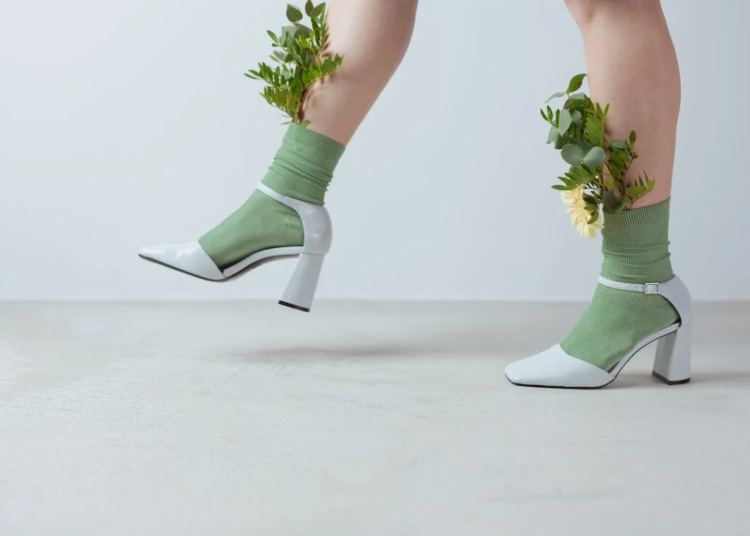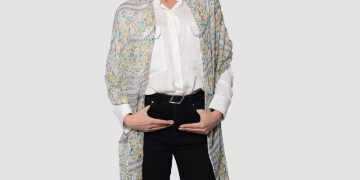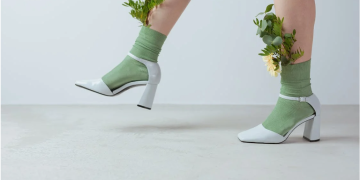Introduction
In the realm of fashion, there has been a notable shift towards ethical practices, with increasing emphasis on collaborations with local artisans and communities. This article explores the concept of ethical fashion collaborations and their significance in empowering artisans and promoting sustainable development.
Understanding Ethical Fashion Collaborations
Ethical fashion collaborations involve partnerships between fashion brands and local artisans or communities, aimed at creating products that are both aesthetically appealing and socially responsible. These collaborations prioritize transparency, fair labor practices, and environmental sustainability, fostering mutual respect and empowerment.
Importance of Empowering Artisans
Empowering artisans is essential for fostering inclusive economic growth and preserving cultural heritage. By providing artisans with fair wages, skills development, and access to global markets, ethical fashion collaborations contribute to sustainable livelihoods and poverty alleviation. Moreover, by celebrating traditional craftsmanship and indigenous techniques, these collaborations help preserve cultural identity and promote cultural exchange.
Collaborative Approaches in Ethical Fashion
Collaborative approaches in ethical fashion encompass a wide range of initiatives, from co-designing collections with artisans to sourcing materials sustainably from local communities. By involving artisans in the design process and sharing profits fairly, fashion brands can ensure that communities benefit equitably from their partnerships. Additionally, by prioritizing environmentally friendly practices, brands can minimize their ecological footprint and promote sustainable development.
Sustainable Livelihoods for Artisans
One of the primary objectives of ethical fashion collaborations is to create sustainable livelihoods for artisans, particularly those in marginalized communities. By providing stable income opportunities and access to training and resources, these collaborations empower artisans to improve their economic status and build resilience against external shocks. Furthermore, by fostering entrepreneurship and innovation, ethical fashion collaborations enable artisans to diversify their income sources and enhance their quality of life.
Preserving Cultural Heritage
Ethical fashion collaborations play a crucial role in preserving cultural heritage by showcasing traditional craftsmanship and indigenous techniques. By incorporating elements of cultural heritage into their designs, fashion brands can raise awareness about the value of traditional knowledge and craftsmanship. Moreover, by investing in community-led initiatives for cultural preservation, brands can support the transmission of skills and knowledge to future generations.
Fair Trade Practices
Fair trade practices are central to ethical fashion collaborations, ensuring that artisans receive fair wages, safe working conditions, and opportunities for skills development. By adhering to fair trade principles, fashion brands demonstrate their commitment to social responsibility and ethical business practices. Moreover, by engaging in transparent and equitable partnerships with artisans, brands can build trust and credibility with consumers.
Examples of Successful Collaborations
Numerous fashion brands have successfully implemented ethical fashion collaborations with local artisans and communities. For example, brands like Maiyet, Stella McCartney, and People Tree have partnered with artisans in countries such as India, Nepal, and Kenya to create unique and socially responsible collections. These collaborations have not only generated economic opportunities for artisans but also raised awareness about ethical fashion practices among consumers.
Challenges and Opportunities
While ethical fashion collaborations offer immense potential for positive impact, they also face several challenges, including logistical complexities, cultural differences, and market access barriers. However, with increasing consumer demand for ethically produced goods and advances in technology and communication, there are also significant opportunities for growth and innovation within the sector. By addressing these challenges and seizing opportunities for collaboration, fashion brands can drive positive social and environmental change.
Empowering Artisans Through Fashion
Empowering artisans through fashion requires a collaborative and holistic approach that prioritizes respect, equity, and sustainability. By investing in long-term partnerships, providing training and capacity-building support, and ensuring fair compensation and working conditions, fashion brands can create meaningful opportunities for artisans to thrive. Moreover, by engaging consumers in the journey of ethical fashion, brands can amplify the impact of their collaborations and inspire positive change.
The Role of Consumers
Consumers play a pivotal role in driving demand for ethical fashion and supporting artisanal communities. By choosing to purchase ethically produced goods, consumers signal their support for fair labor practices, environmental sustainability, and cultural preservation. Additionally, by advocating for greater transparency and accountability within the fashion industry, consumers can hold brands accountable for their actions and encourage the adoption of ethical practices.
Conclusion
Ethical fashion collaborations with local artisans and communities have the power to transform the fashion industry and empower marginalized groups around the world. By prioritizing respect, fairness, and sustainability, these collaborations offer a blueprint for a more inclusive and equitable fashion ecosystem. As consumers increasingly demand transparency and accountability from brands, ethical fashion collaborations will continue to play a vital role in shaping the future of fashion for the better.
FAQs
What are ethical fashion collaborations?
Ethical fashion collaborations involve partnerships between fashion brands and local artisans or communities, aimed at creating products that are both aesthetically appealing and socially responsible.
Why are ethical fashion collaborations important?
Ethical fashion collaborations empower artisans, promote sustainable livelihoods, preserve cultural heritage, and foster inclusive economic growth.
What challenges do ethical fashion collaborations face?
Ethical fashion collaborations face challenges such as logistical complexities, cultural differences, and market access barriers. However, with increasing consumer demand for ethically produced goods, there are also significant opportunities for growth and innovation within the sector.
What role do consumers play in ethical fashion collaborations?
Consumers play a pivotal role in driving demand for ethical fashion and supporting artisanal communities. By choosing to purchase ethically produced goods and advocating for greater transparency and accountability, consumers can contribute to positive social and environmental change.
How can fashion brands ensure the success of ethical fashion collaborations?
Fashion brands can ensure the success of ethical fashion collaborations by prioritizing respect, equity, and sustainability, investing in long-term partnerships, and engaging consumers in the journey of ethical fashion.




